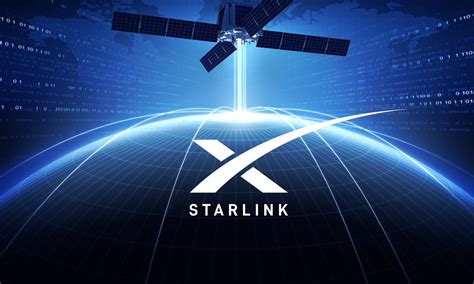Minister for Communication, Digital Technology and Innovation, Mr. Samuel Nartey George, has stated that no tech company will be granted a license without establishing a physical presence in Ghana.
Speaking to TV3 in an interview, the Minister said this in reference to Starlink, which is reported to have commenced operations in Ghana without setting up a physical office, and has been in operation since 2024.
The minister stated that having a presence in Ghana is a requirement for tech companies before they will be allowed to operate. “I’ve asked the regulator to inform the company that they need to open an office in Accra. You can’t operate in our country and not have a presence here,” he said.
Mr. Nartey George expressed concern over the company’s lack of a local presence despite receiving regulatory approval for internet services in Ghana, stating that having a local office would enhance supervision, accountability, and consumer protection.
The minister believed that the decision to grant Starlink the license to operate in Ghana by the National Communications Authority (NCA) without a physical presence was not properly thought through.
“Today, if there’s a problem involving a client of Starlink and the regulator needs to speak with Starlink, we need to send an email to someone sitting somewhere in the U.S., and it will take them two to three weeks to come down. What kind of regulation is that?” the minister queried.
Mr. Nartey George emphasized the importance of easy accessibility, stating that a local office would allow for timely consultations and quicker resolution of issues affecting consumers.
Starlink, operated by Elon Musk’s SpaceX, provides satellite-based internet services in various countries, including Mozambique, Eswatini, Zambia, Malawi, Kenya, Rwanda, and Nigeria.
It received approval from the NCA to operate in Ghana and was officially launched in August 2024. The service is managed locally by SpaceX Starlink GH LTD.
The technology uses a constellation of over 5,800 low-Earth orbit satellites to deliver high-speed internet, with some users enjoying download speeds exceeding 100 Mbps.
However, the affordability of the service remains a challenge. In Nigeria, for example, Starlink charges $314 for initial setup and $27 monthly. This costs far more than those of local providers.
Meanwhile, Ghana’s counterpart, Nigeria, is treading in the same path as a bill is being proposed by Senator Ned Nwoko to mandate the establishment of physical offices by multinational social media companies in the country.
It proposes the creation of a regulatory framework that will ensure social media platforms have physical offices in Nigeria and comply with local laws, just like they do in other countries. The proposed bill also aims to ensure that these businesses pay taxes, create jobs, and comply with Nigerian laws.
According to him, these big companies have operated freely in Nigeria for years, extracting billions, evading taxes, and providing no local avenue for local redress. This proposed bill seeks to put an end to this practice.
Mr. Sam George reveals that this issue is not just a problem for Ghana, but many other ICT ministers across the sub-regions have expressed such concern.




